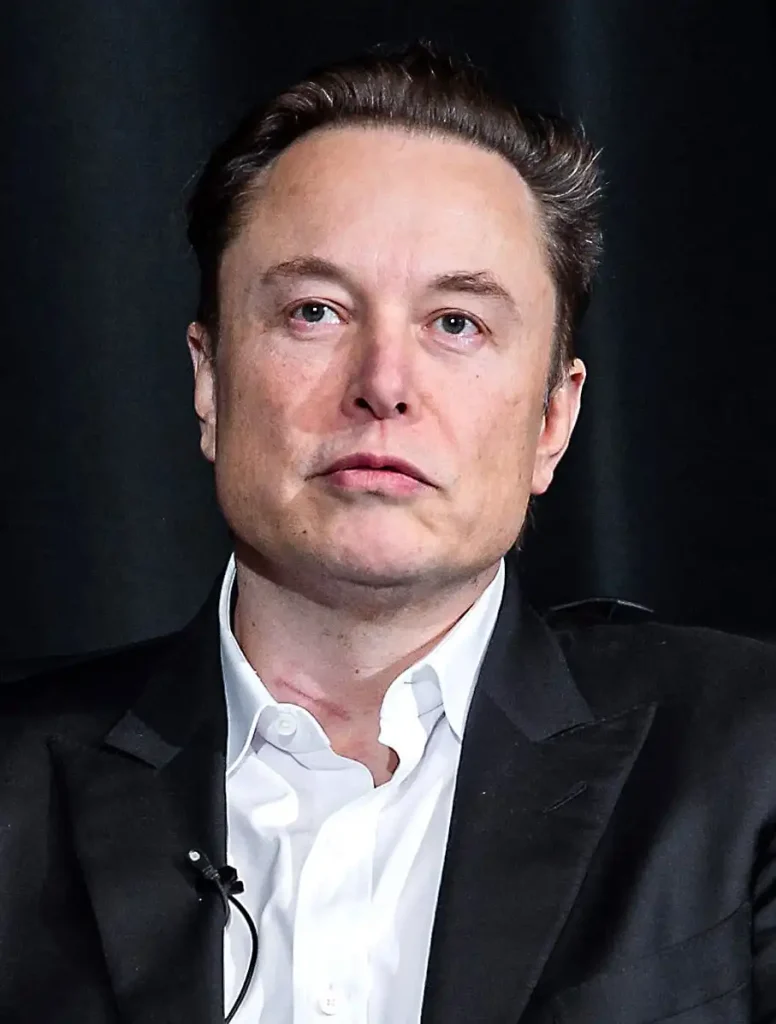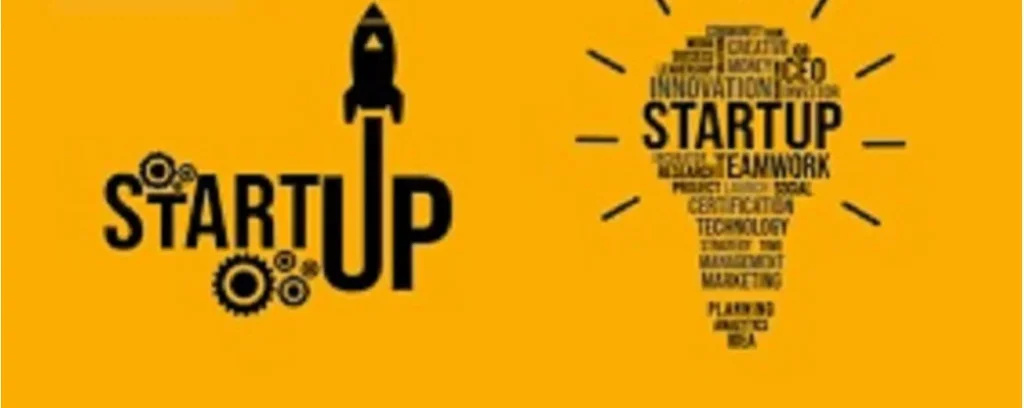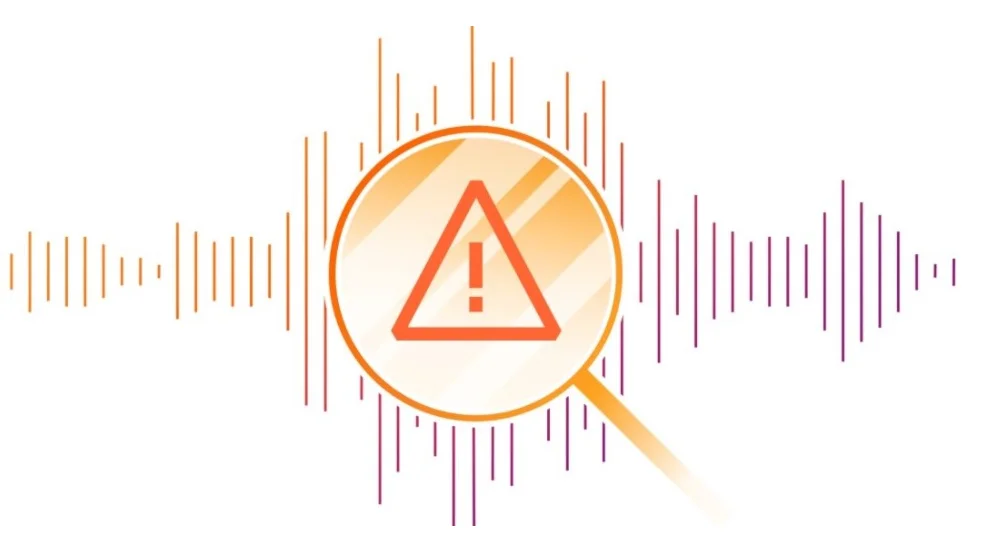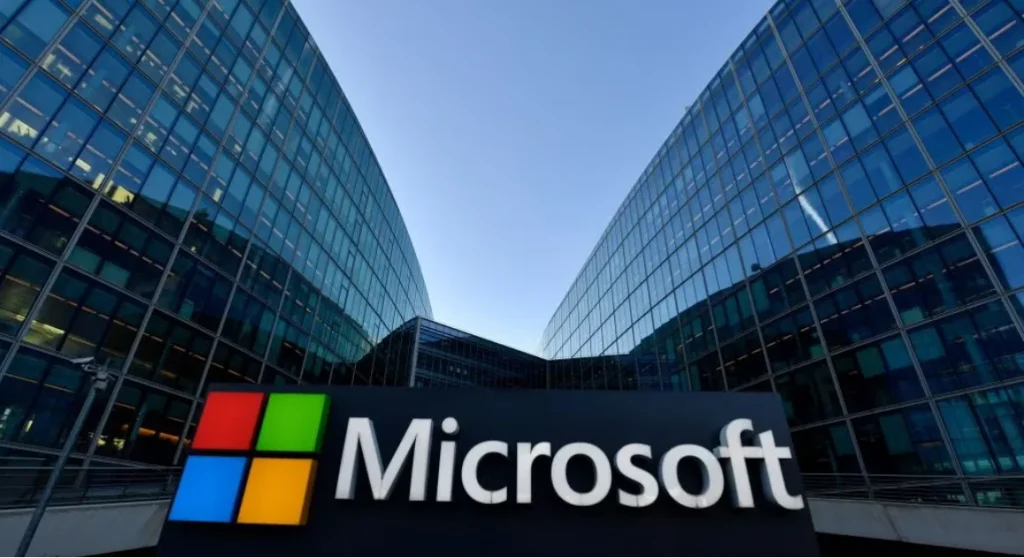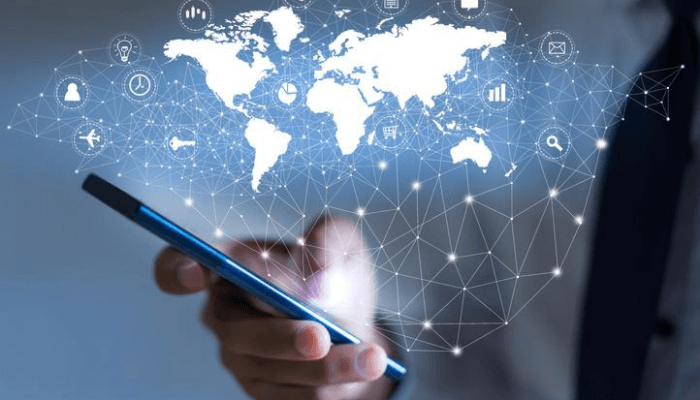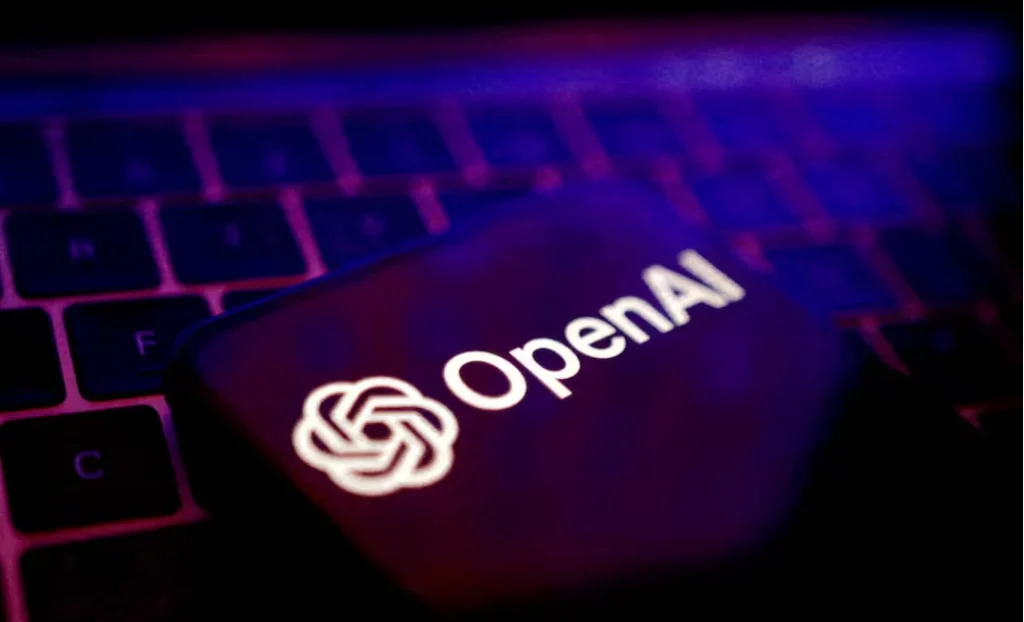xAI Files Antitrust Lawsuit Against Apple and OpenAI
Elon Musk’s artificial intelligence startup, xAI, has filed a lawsuit against Apple and OpenAI in a U.S. federal court in Texas, accusing them of conspiring to restrict competition in the rapidly growing AI market.
The lawsuit seeks billions of dollars in damages and raises concerns about Apple’s exclusive integration of ChatGPT into its operating systems, which xAI claims unfairly disadvantages competitors.
According to the filing, Apple and OpenAI allegedly locked up markets to maintain their dominance, preventing innovators such as xAI and X (formerly Twitter) from competing effectively.
“If not for its exclusive deal with OpenAI, Apple would have no reason to refrain from more prominently featuring the X app and the Grok app in its App Store,” the lawsuit stated.
Musk’s Position on the Lawsuit
Elon Musk, who acquired X (Twitter) in March for $33 billion to enhance xAI’s chatbot training capabilities, reinforced the claims via his social platform.
“A million reviews with 4.9 average for @Grok and still Apple refuses to mention Grok on any lists,” Musk posted on X.
Musk has long accused Apple of giving preferential treatment to OpenAI, alleging that its App Store ranking system makes it nearly impossible for other AI developers to compete.
“Apple is behaving in a manner that makes it impossible for any AI company besides OpenAI to reach #1 in the App Store, which is an unequivocal antitrust violation. xAI will take immediate legal action,” Musk wrote.
OpenAI dismissed Musk’s allegations, calling the lawsuit part of his ongoing pattern of harassment, while Apple has yet to respond.
Expert Opinions on the Case
Legal experts say the case could set an important precedent for AI market regulation in the United States.
- Antitrust law scholars suggest that Apple’s dominance in the smartphone market could bolster xAI’s claims of illegal market tying.
- However, Apple may argue that its partnership with OpenAI was a competitive business decision and that it is not obligated to promote rivals.
- Herbert Hovenkamp, a professor at the University of Pennsylvania, noted Apple may claim that integrating ChatGPT was motivated by security and operational reasons.
The lawsuit may give U.S. courts their first real opportunity to determine whether there is a legally defined AI market and how it should be regulated—making this case a potential landmark in antitrust litigation.
What You Should Know
- OpenAI’s ChatGPT became the fastest-growing consumer app in history after its 2022 launch, with adoption across multiple industries.
- In 2024, Apple announced its decision to embed ChatGPT directly into iOS, iPadOS, and macOS, allowing users to interact seamlessly with OpenAI’s chatbot.
- Musk’s xAI, founded two years ago, has positioned itself as a competitor to OpenAI, Microsoft-backed projects, and China’s DeepSeek. Its Grok chatbot has already been integrated into Tesla vehicles, extending its reach beyond smartphones.
- Musk previously co-founded OpenAI in 2015 as a nonprofit but is now suing to block its transition into a for-profit model. He also made a $97.4 billion unsolicited takeover bid, which Sam Altman rejected.
Apple’s Broader Antitrust Challenges
This lawsuit is not the first time Apple’s App Store practices have faced legal scrutiny.
- In the high-profile case with Epic Games (Fortnite), a judge ordered Apple to allow more competition in app payment systems.
- Critics argue Apple continues to leverage its App Store dominance to favor certain apps and partnerships.
With Musk’s lawsuit, Apple may now face another major antitrust battle, this time in the booming field of artificial intelligence.
Final Thoughts
The lawsuit by Elon Musk’s xAI against Apple and OpenAI could reshape the future of AI competition and app marketplace regulation.
If successful, the case may force Apple to open its ecosystem to greater competition, while also defining how courts view AI monopolies in the U.S.
Regardless of the outcome, this legal showdown highlights the growing battle for dominance in artificial intelligence, with billions of dollars and global technological influence at stake.

